By Sarwar Alam
CRICKET can be a catalyst to transform the health and well-being of South Asian communities, an influential member of the English Cricket Board (ECB) has said.
Lord Kamlesh Patel of Bradford is the chair of ECB South Asian Advisory Group. At the launch of an Urban Cricket Centre in Leyton last week, he said it would not only get more people to play the game, but also be a tool to improve people’s lives through education and healthy living initiatives.
"To mark the one-year anniversary of the South Asian Action Plan with the opening of the first Urban Cricket Centre is a landmark moment," Lord Patel said Wednesday (26) at the unveiling of the Leyton centre.
"Cricket has a unique ability to reach across diverse social, cultural and religious groups and we hope this centre contributes to building a stronger, healthier community."
In May 2018, the ECB launched the South Asian Action Plan to engage more effectively with the ethnic community. It focused on every level of the game, spanning recreational cricket, talent development and retention, attendance, administration, and culture and facilities.
The plan aimed to address gaps - including a lack of opportunities for the South Asian community - to engage with cricket and also build ties between cricket authorities and the community.
A year on from the launch, the Leyton Urban Cricket Centre opened last week.
Lord Patel said: "We know our children are not as light as they should be. We can’t get adults to go for health screenings. These facilities will help with this. People will come to these centres for cricket in their thousands and we should use that as an opportunity to improve health and well-being - cricket is the vehicle. This is the start of a big long journey.
"These centres, and we are determined to build 20 more of these around the country, are not sustainable with just cricket alone. They need to be centres for technology, education, apprenticeship and health. We need to work with local authorities, local health services and the community itself."
The ECB’s director of strategy and corporate development, Vikram Banerjee, told Eastern Eye: "I believe cricket should be a privilege and enjoyment available to everyone and that is at the heart of the action plan.
"We know the demand for cricket is huge in South Asian communities (30 percent of grassroot cricketers are from a South Asian background) and where there is demand we want to bolster supply. And that’s why we will be opening urban centres throughout the country, including in places like Birmingham, Bradford and Manchester."
Aside from the first urban cricket centre in Leyton, a further 100 pitches have been installed in inner cities, almost 200 different street projects have been set up through Chance to Shine, reaching 4,100 children across the country.
Talent champions have been hired to work as a direct link between local leagues in South Asian communities and county teams, in order to ease the pathway for South Asians to progress to the professional game.
Banerjee said the ECB will continue to support the action plan in the long-term and rejected any suggestion that it was just a "tick-box exercise".
"This is not a one-year thing. It is not a tick-box exercise. It is a plan that goes across the game right from Tom Harrison (ECB chief executive) to coaches running local games. Change is happening and excitement is there. This is part of core ECB business model. It is not something separate.
"If we do this brilliantly, then in 10 years time we will not need a South Action Plan. Cricket will be a representation of modern Britain and the society we serve. We have one in three people playing in cricket in the country from a South Asian background but only four per cent go on to play professionally. This has to change."
One of the most notable successes of the plan has come via £1.2m of National Lottery funding from Sport England to develop a network of 2,000 South Asian female role models to inspire the next generation of cricketers.
The new volunteers combine coaching and mentoring to support new players coming into the sport, helping to deliver All Stars Cricket - ECB’s entry level cricket programme for five to eight-year olds, across seven cities - Birmingham, Bradford, London, Leeds, Leicester, Manchester and Nottingham.
Shruti Saujani, ECB City Programme Manager, who is leading the South Asian Female Volunteering Programme, told Eastern Eye: "This has the potential to make a massive difference to cricket in this country. We are already seeing some incredible stories of South Asian women across the country taking up the game and becoming role models for the next generation. So far we have trained 170 women to run eight-week coaching courses as part of All-Stars Cricket.
"We have found that women absolutely love the game. It’s just about creating a safe space and making it more accessible to them. We know women, especially those with children, don’t like to travel a lot. So we have taken cricket to mosques, temple, gurdwaras, faith centres, leisure centres where women are comfortable in their own environment.
"We have also challenged people’s perception and beliefs that women shouldn't be running around playing sport. We are looking to address this issue and have developed culturally appropriate kit such as head scarfs and longer t-shirts."





 Priyanka Chopra calls herself nascent in Hollywood as 'Heads of State' streams on Prime VideoGetty Images
Priyanka Chopra calls herself nascent in Hollywood as 'Heads of State' streams on Prime VideoGetty Images 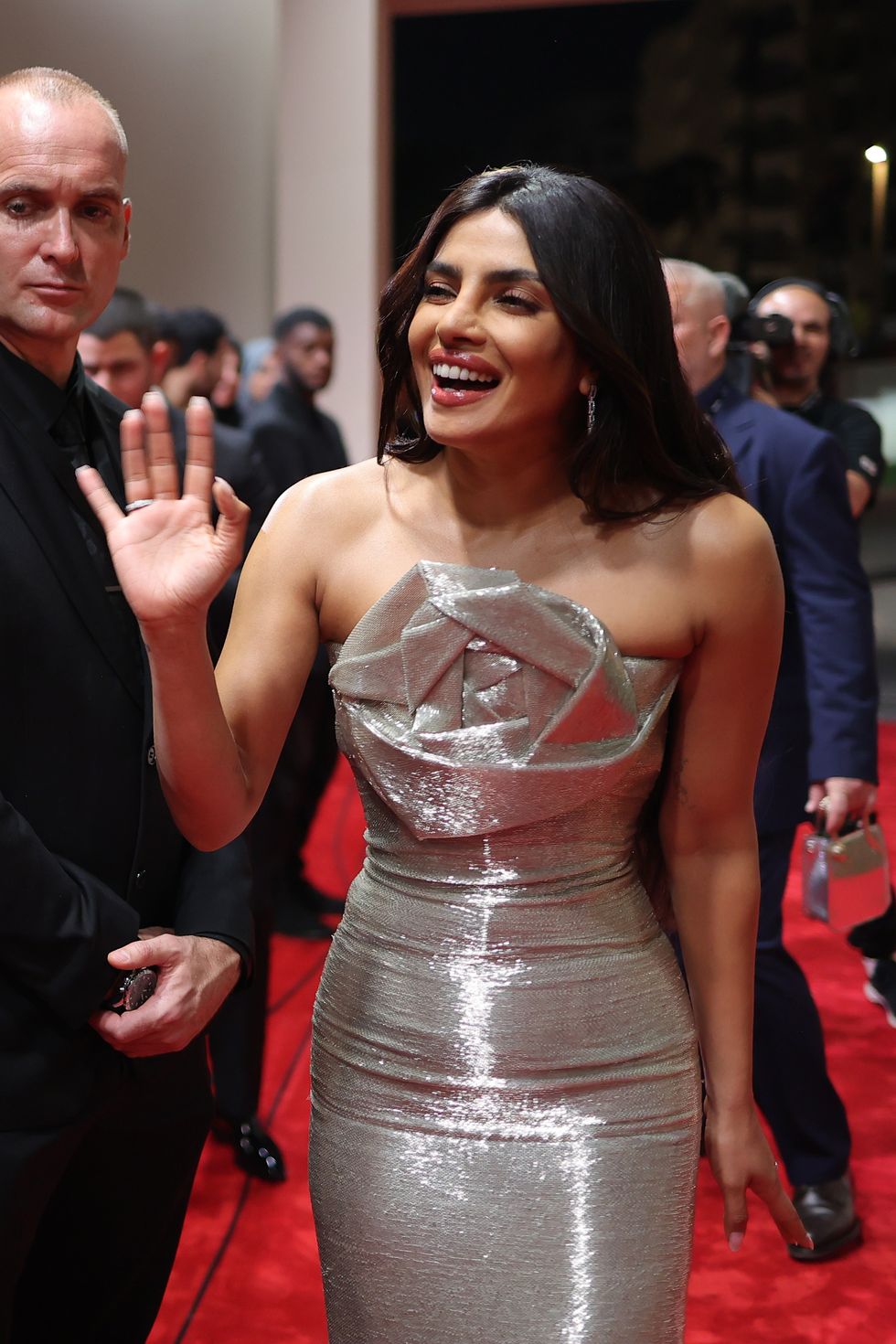 Priyanka Chopra wants to build her English film portfolio after Bollywood successGetty Images
Priyanka Chopra wants to build her English film portfolio after Bollywood successGetty Images 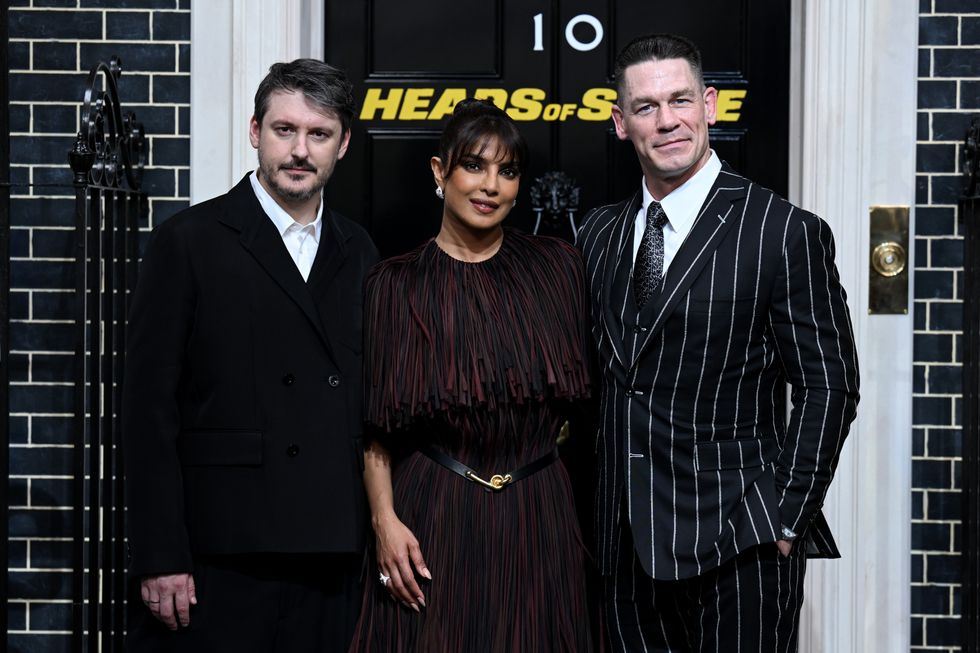 Ilya Naishuller, Priyanka Chopra and John Cena attend the special screening for "Head of State" Getty Images
Ilya Naishuller, Priyanka Chopra and John Cena attend the special screening for "Head of State" Getty Images








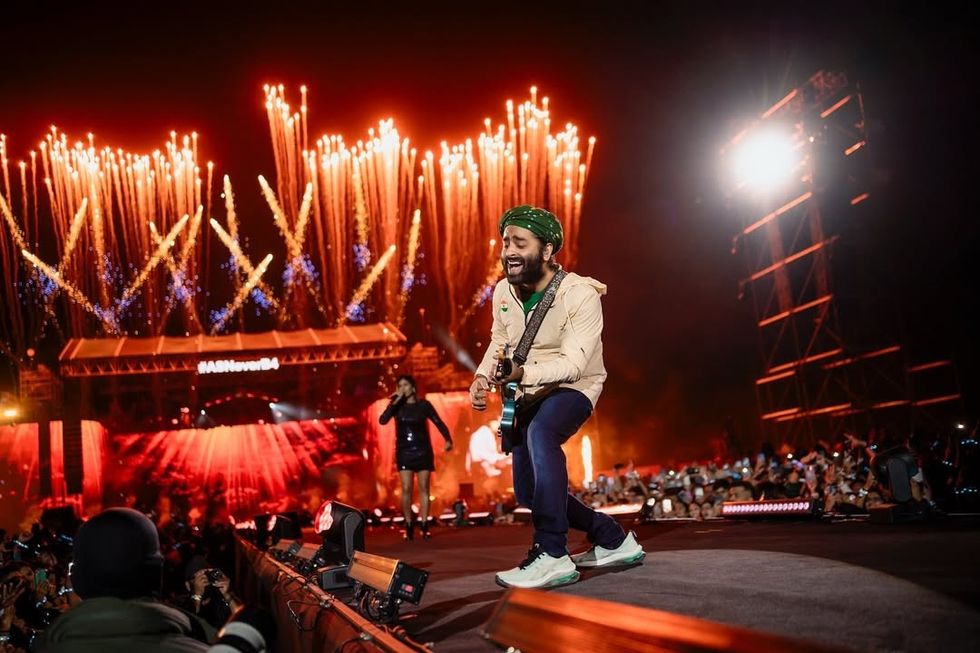 Arijit Singh performing Instagram/
Arijit Singh performing Instagram/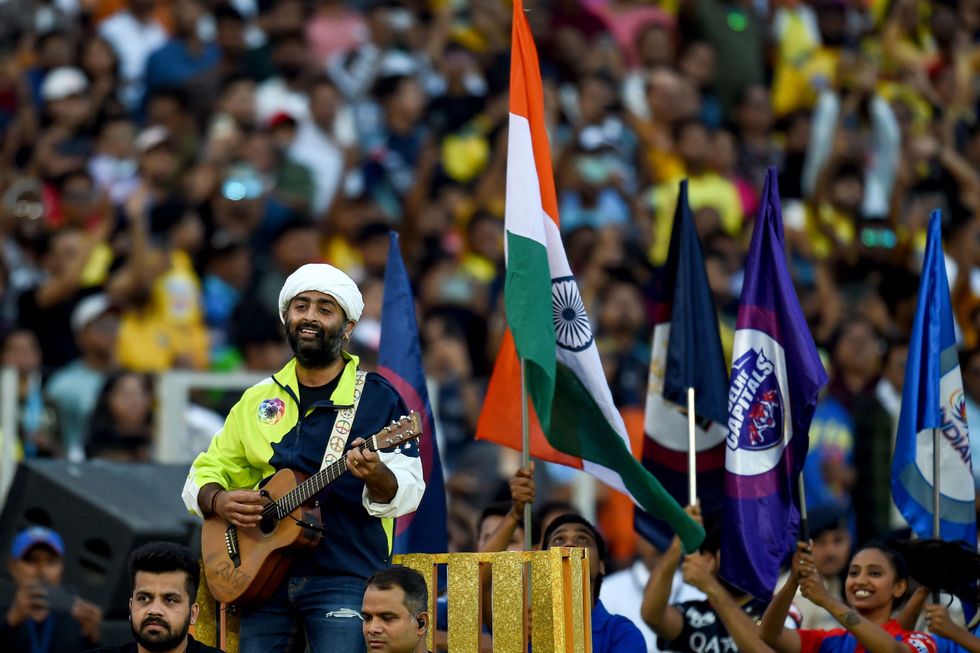 Arijit Singh clicked during a performance Getty Images
Arijit Singh clicked during a performance Getty Images 


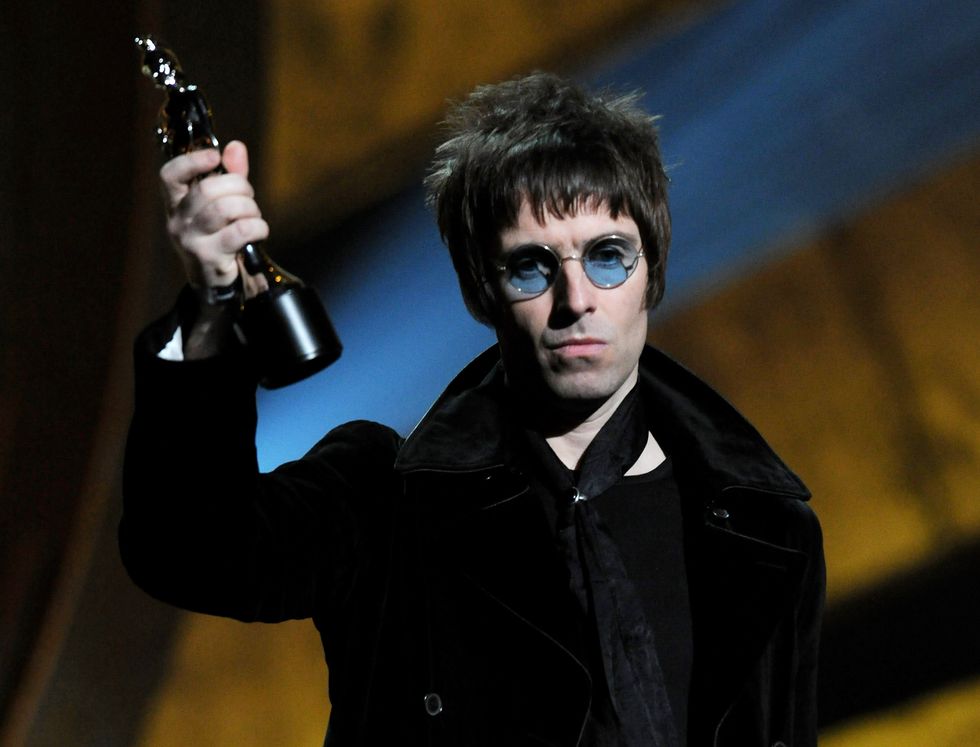 Liam Gallagher accepts Oasis' award for 'Best Album of 30 Years' Getty Images
Liam Gallagher accepts Oasis' award for 'Best Album of 30 Years' Getty Images  Liam Gallagher plays to a sell out crowd at the Universal AmphitheatreGetty Images
Liam Gallagher plays to a sell out crowd at the Universal AmphitheatreGetty Images Liam and Noel Gallagher perform together in Cardiff for the first time since 2009 Instagram/oasis
Liam and Noel Gallagher perform together in Cardiff for the first time since 2009 Instagram/oasis